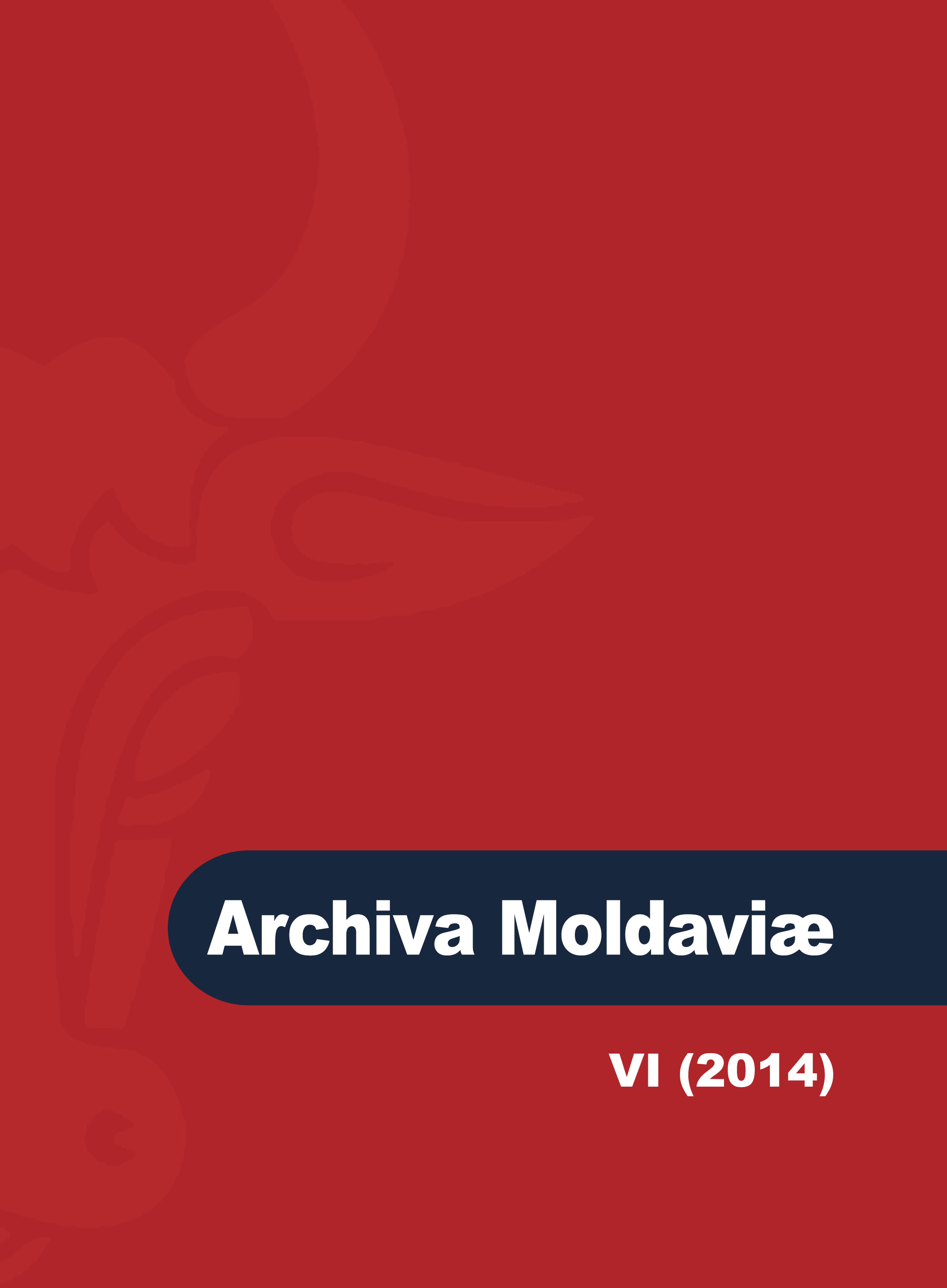Învăţământul sovietic în memoriile foştilor demnitari din RSSM. Condiţii de studii, calitatea educaţiei şi relevanţa acesteia pentru reuşita în carieră
Soviet Education in the Memories of former Moldavian SSR Dignitaries. Study Conditions, Quality of Education and its Relevance for Career Success
Author(s): Aurelia FeleaSubject(s): History, Post-War period (1950 - 1989)
Published by: Societatea de Studii Istorice din România
Keywords: soviet nomenklatura; soviet education system; Moldavian Soviet Socialist Republic; autobiographic texts (memories).
Summary/Abstract: In the last decade, a number of memorialistic “life story” writings have been published in the Republic of Moldova. Among them, were some written by members of the former Soviet nomenklatura, as well as the members of the political elite of the republic after the fall of the Soviet Union. We shall present, in the current article, the image of the pre-university and university system of the Moldavian Soviet Socialist Republic between the 1930s and 1960s. This analysis aims to clarify what role the former soviet dignitaries attribute their studies to their professional ascent, and how they managed their academic acquisitions in their political careers. We will apply the biographical method of investigation, accompanied by the analysis of autobiographic texts (memories, journals, interviews) signed by ten representatives of the sovietized Moldovan political elite: Alexandru Marian, Ivan Bodiul, Serghei Sidorenko, Petru Lucinschi, Mircea Snegur, Vasile Vâşcu, Grigore Eremei, Ion Constantin Ciobanu, Dumitru Moţpan and Boris Gamurari. The analysis disclose the heterogeneity of ethnicity, and of educational experiences in the heart of the Moldovan political elite. The differing cultural systems that were at the origin of the former dignitaries’ education can be felt in their appreciations referring to past and present states of facts. The harsh conditions occupy a central place in their schooling stories. The former dignitaries declaratively admit to the merit of the educational institutions in the evolution of their personality. Nevertheless, the great majority of them do not specify what knowledge, abilities and values were transmitted to them, and in which ways they were achieved. Based on the texts analysed, we cannot form a clear idea on the content of the Soviet education system (only Mircea Snegur offers more information in this sense). We can conclude that in Soviet times education was a compulsory condition for the continuous ascent into the career, and the entry into the lines of the political elite. Moreover, university diplomas, the friendship of a dignitary with the artists, scientists and scholars, conferred prestige and honorability. The usefulness of studying seemed to be the one of an irreplaceable, but unessential, and often non-functional accessory; therein, being an enormous gap between the formal proof of graduation from a higher education institution, and the real education level.
Journal: Archiva Moldaviae
- Issue Year: VI/2014
- Issue No: 6
- Page Range: 189-215
- Page Count: 27
- Language: Romanian

